Read Stylist’s open letter to Priti Patel about male violence against women and girls
More than 60 experts, activists, politicians and public figures have signed Stylist’s open letter to the Home Secretary as part of our new campaign, A Fearless Future. Read the letter and see the full list of signatories below.
Dear Home Secretary,
We are in the grip of an epidemic of male violence against women and girls. Every three days, a woman in the UK is killed by a man.97% of young women have been sexually harassed,and nearly one in four women have experienced some form of sexual violence.These figures are horrifying – behind each one is a story of personal pain, fear and shame – and they’re only the tip of the iceberg, as many women who experience harassment, stalking, rape and violence never report it. Stylist says: enough.
We know you’re aware of the scale of the problem, and are currently overseeing the development of a new government strategy for tackling violence against women and girls. But experts agree that we can’t police or legislate our way out of this crisis.
You may also like
A Fearless Future: join Stylist’s campaign to change the attitudes behind male violence against women and girls
If we truly want to end male violence against women and girls, we need to change the male attitudes and behaviours that allow it to happen in the first place. That’s why Stylist and our supporters are demanding an ambitious action plan from the government to keep women safe and challenge the wider cultural attitudes that cause and tolerate abuse.
We’re calling on the UK government to fund an ongoing, high-profile, expert-informed awareness campaign on men’s violence against women and girls, highlighting and challenging all forms of abuse – from sexual assault to street harassment, stalking and domestic violence.
Transforming the social norms that underpin male violence against women won’t happen overnight. But the good news is, attitudes and behaviours can change. Previous government-funded public awareness campaigns made us wise up to drink driving, smoking and more recently, Covid-19. Prevention is better than cure – so let’s treat male violence against women like the public health crisis it is.
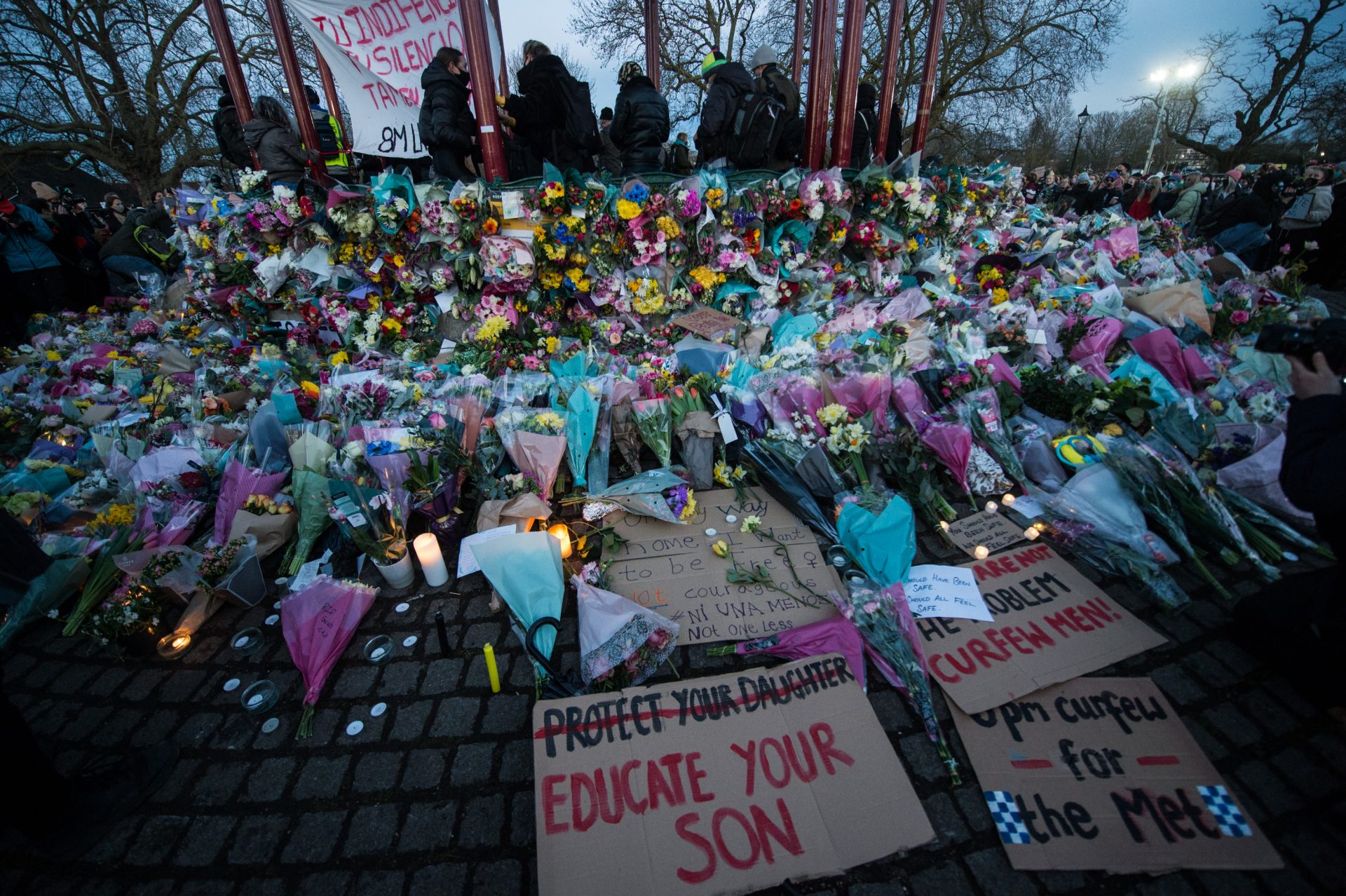
We’re not the only ones to recognise the power of government campaigns to shift beliefs and behaviours. The Istanbul Convention – a landmark human rights treaty against violence against women and girls, which the UK has yet to ratify – requires countries to regularly promote campaigns to boost public understanding of gender-based abuse.
The UN Committee on the Elimination of Discrimination Against Women has recommended the UK launch public campaigns on all forms of violence against women, including a focus on the specific dangers and barriers to support faced by Black and minoritised women.
In 2018, the Women & Equalities Committee called on the government to develop a long-term programme of public campaigns to tackle the attitudes behind sexual harassment.
Yet so far, the government has failed to act.
You may also like
A Fearless Future: how to email your local MP about challenging the attitudes behind male violence against women
Ultimately, we want to live in a world where no one is afraid of gender-based abuse – be they cis, trans or non-binary; old or young; disabled or non-disabled; a UK citizen or a migrant woman.
We want to prevent future generations of women from experiencing the fear and harm that are now so widespread. We want our television screens, Instagram feeds and the billboards that line our streets to be flooded with the message that A New Normal of respect and safety for women is possible.
We cannot allow the next generation of girls to grow up in a climate of fear. We refuse to let that happen and we’re calling on you to act now.
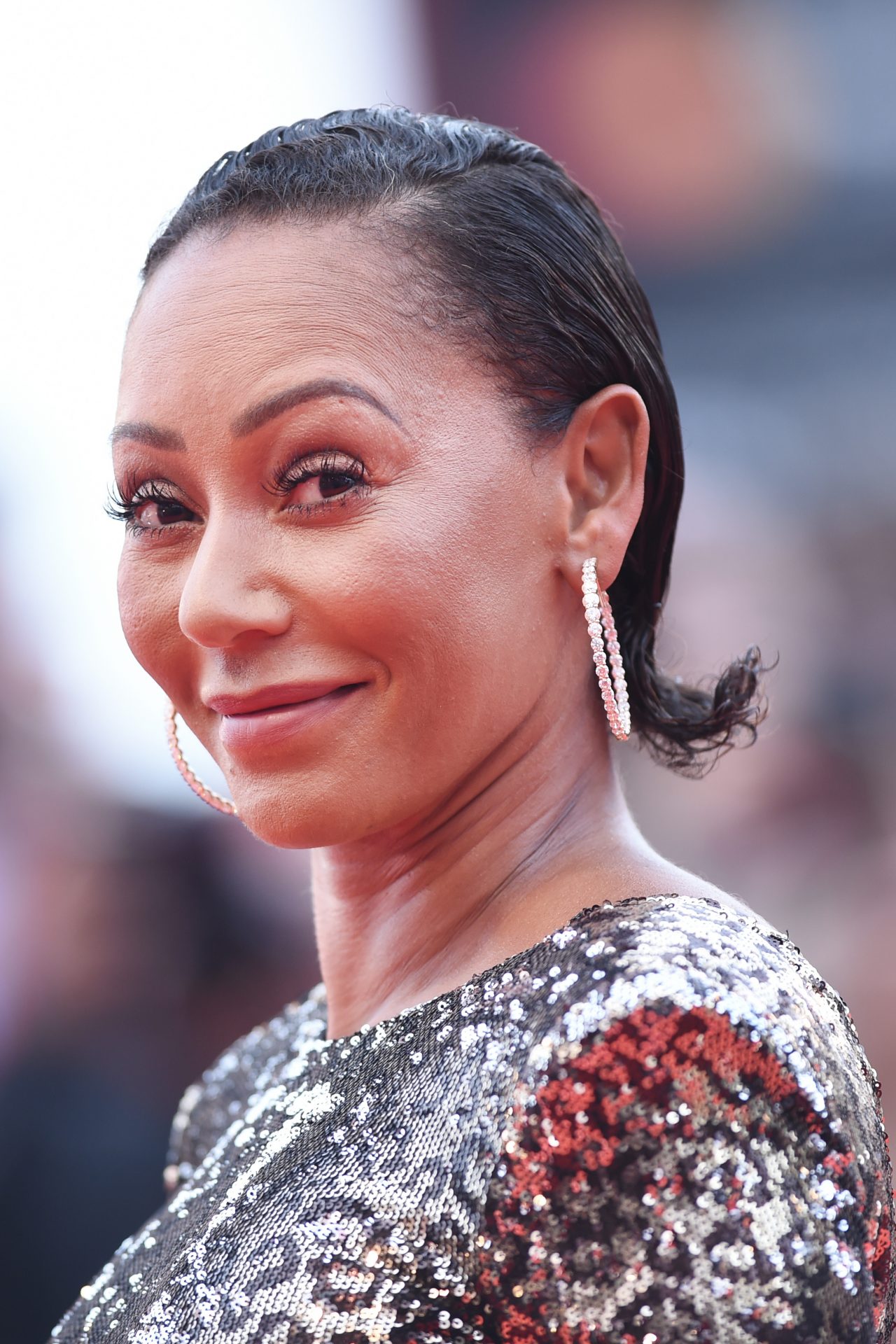
Signed,
Lisa Smosarksi, editor-in-chief, Stylist
Nazir Afzal OBE, former chief prosecutor and national advisor on gender-based violence to the Welsh government
Baljit Banga, executive director, Imkaan
Jonathan Bartley, co-leader, Green Party of England and Wales
Munroe Bergdorf, social activist and model
Siân Berry, co-leader, Green Party of England and Wales
We cannot allow the next generation of girls to grow up in a climate of fear
Melanie Brown, Spice Girl and Women’s Aid patron
Dr Stephen Burrell, deputy director of the Centre for Research into Violence and Abuse, Durham University
Jayne Butler, CEO, Rape Crisis England & Wales
Priya Chopra, chief executive, Saheli Asian Women’s Project
Jenna Coleman, actor
Daisy Cooper MP
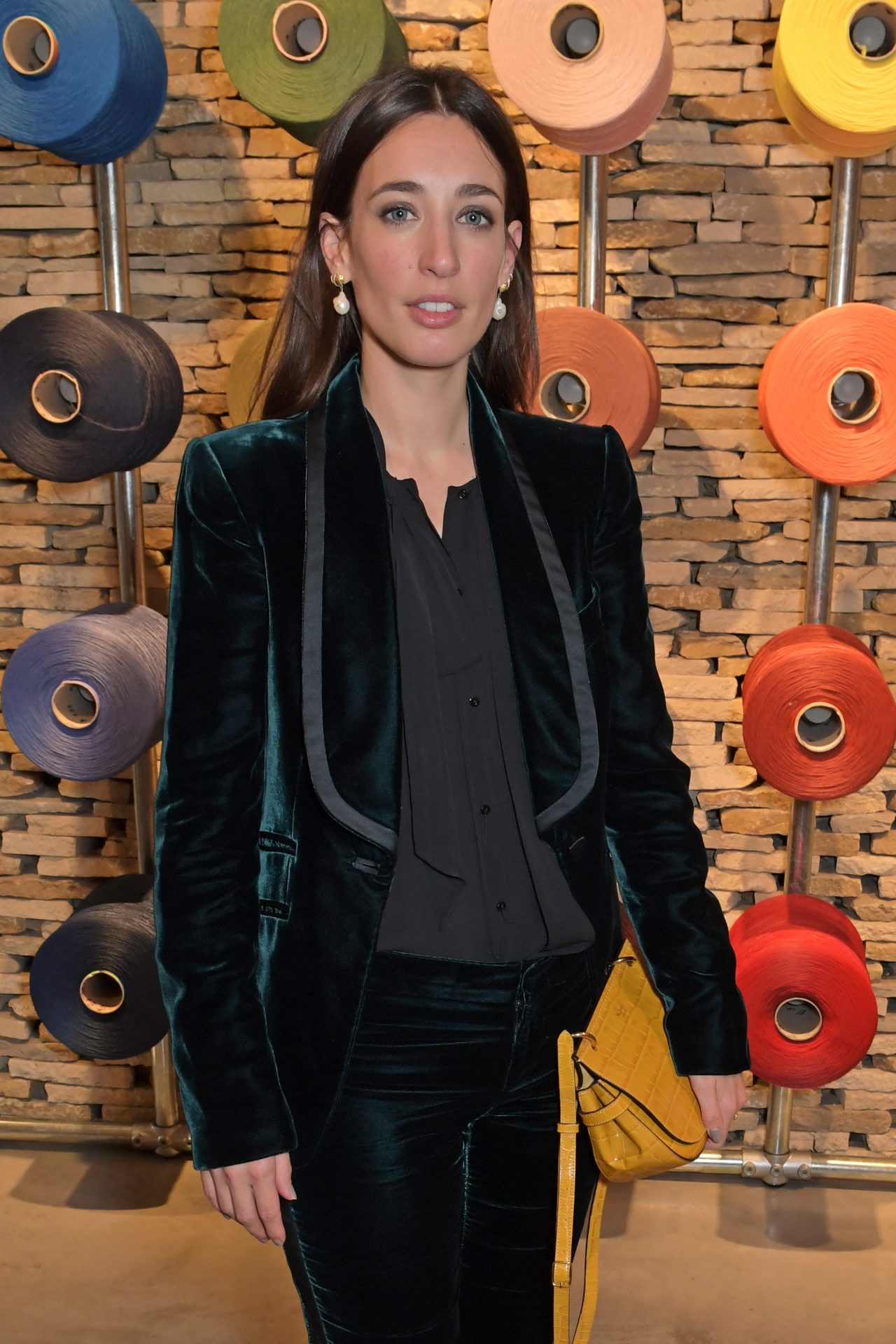
Marsha de Cordova MP, Shadow Secretary of State for Women and Equalities
Ed Davey MP
Ruth Davison, CEO, Refuge
Dr Sukhwant Dhaliwal, senior lecturer, London Metropolitan University
Professor Catherine Donovan, head of sociology department, Durham University
Deborah Frances-White, comedian and podcaster
The good news is, attitudes and behaviours can change
Jacqui Fray, project manager, Amadudu Women’s Refuge
Dr Geetanjali Gangoli, associate professor of sociology, Durham University
Professor Aisha K Gill CBE, professor of criminology, University of Roehampton
Dan Guinness, managing director, Beyond Equality
Wera Hobhouse MP, Liberal Democrat Shadow Leader of the House of Commons
Charli Howard, writer and model
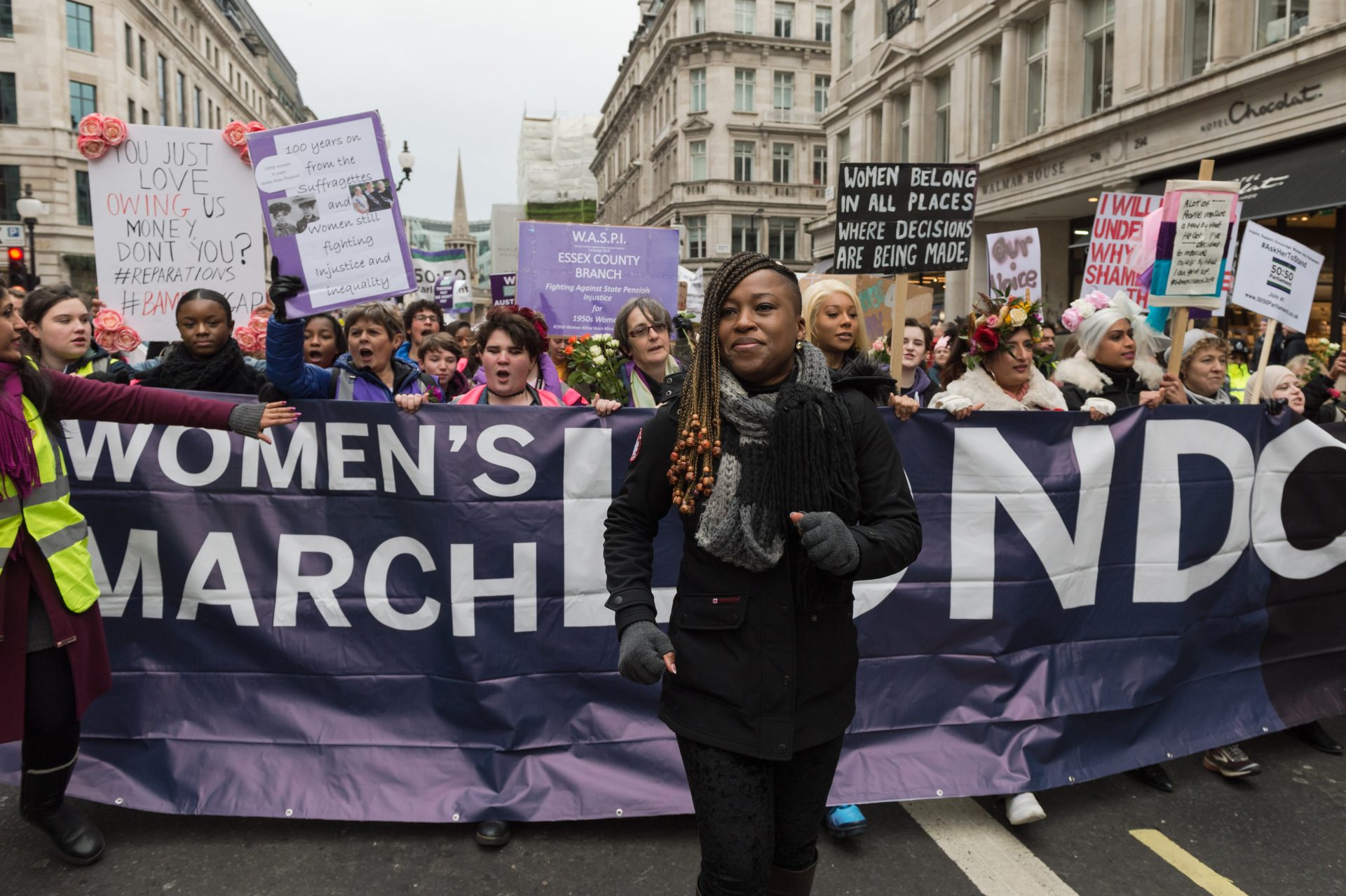
Umme Imam, executive director, The Angelou Centre
Laura Jackson, broadcaster and writer
Jameela Jamil, founder of I Weigh
Christine Jardine MP
Huda Jawad, Faith & VAWG Coalition
Dr Kelly Johnson, assistant professor of criminology, Durham University
Prevention is better than cure
Dr Ava Kanyeredzi, senior lecturer in psychology, University of East London and Black Church Domestic Abuse Forum
Sara Kirkpatrick, chief executive, Welsh Women’s Aid
Amy Lamé, London’s night czar
Marai Larasi, advocate, community organiser and consultant
Sophie Linden, London’s deputy mayor for policing and crime
Caroline Lucas MP
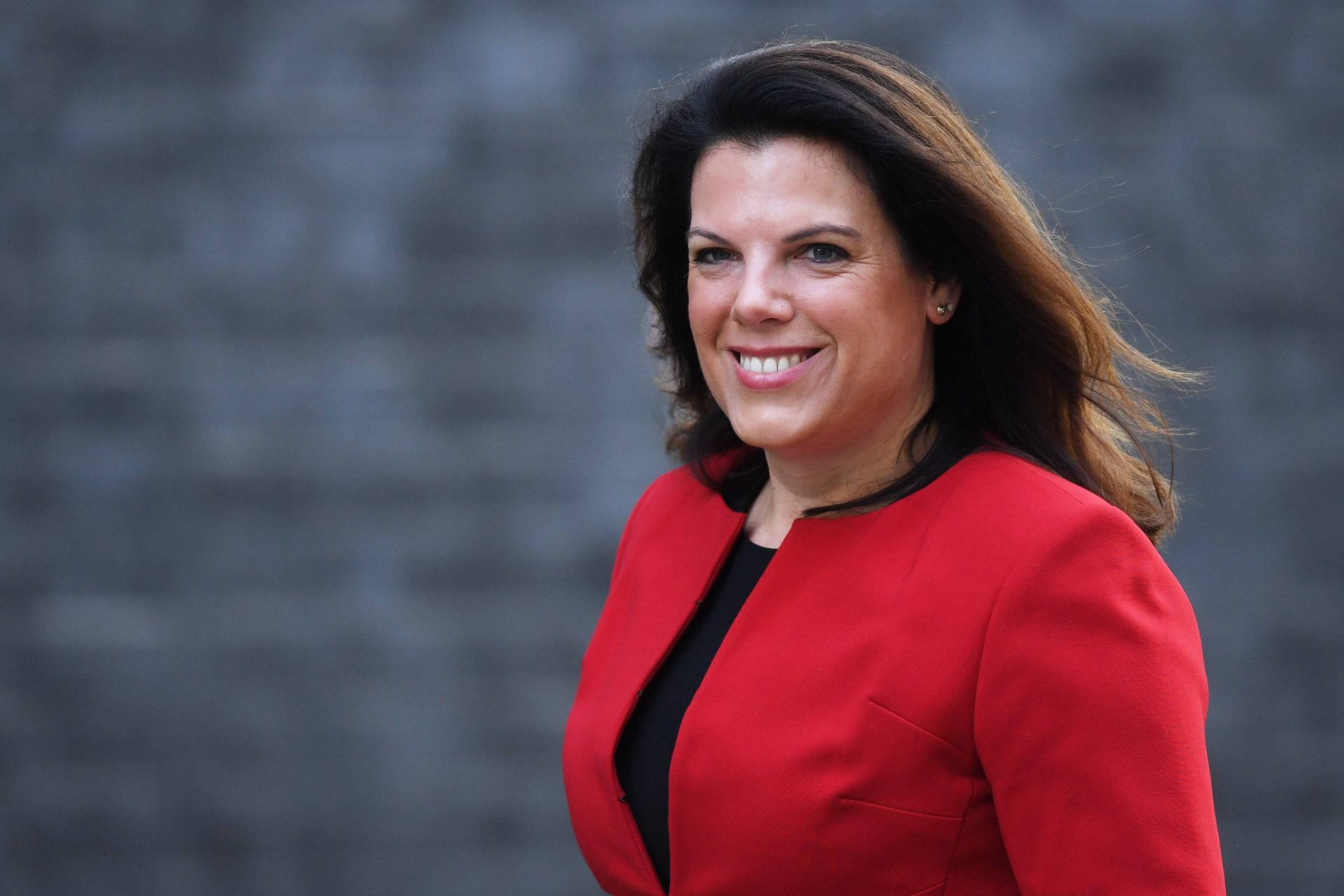
Professor Jane Monckton-Smith, professor of public protection at University of Gloucestershire
Baroness Nicky Morgan
Dr Helen Mott, specialist adviser and consultant in the prevention of sexual harassment and violence
Abi Shapiro, interim chief executive, Young Women’s Trust
Dr Shola Mos-Shogbamimu, lawyer, political and women’s rights activist
Farah Nazeer, CEO, Women’s Aid
We can’t police or legislate our way out of this
Caroline Nokes MP, chair of the Women and Equalities Committee
Kajal Odedra, activist
Sara Olney MP
Pragna Patel, director, Southall Black Sisters
Jess Phillips MP, Shadow Minister for Domestic Violence and Safeguarding
Jessica Raine, actor
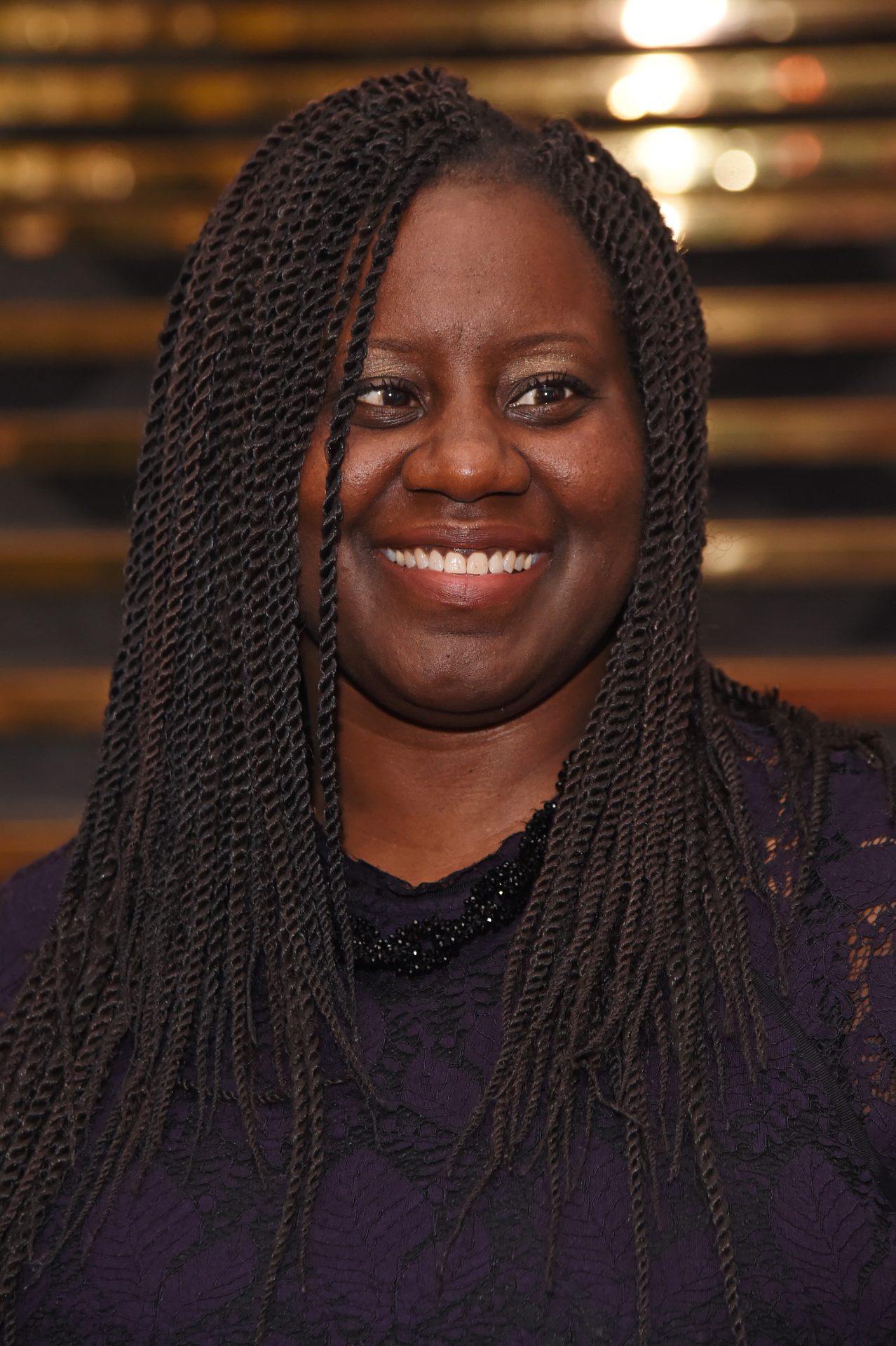
Caroline Nokes MP, chair of the Women and Equalities Committee
Kajal Odedra, activist
Sara Olney MP
Pragna Patel, director, Southall Black Sisters
Jess Phillips MP, Shadow Minister for Domestic Violence and Safeguarding
Jessica Raine, actor
You may also like
Nicole Smallman and Bibaa Henry’s mother highlights the lack of “coverage and outrage” for murdered women of colour
Mandu Reid, leader, Women’s Equality Party
Laura Richards, founder, Paladin National Stalking Advocacy Service
Sawsan Salim, director, Kurdish and Middle Eastern Women’s Organisation
Purna Sen, visiting professor, Child and Woman Abuse Studies Unit, London Metropolitan University and formerly executive co-ordinator on addressing sexual harassment, UN Women
Janey Starling and Seyi Falodun-Liburd, Level Up
Anthea Sully, chief executive, White Ribbon
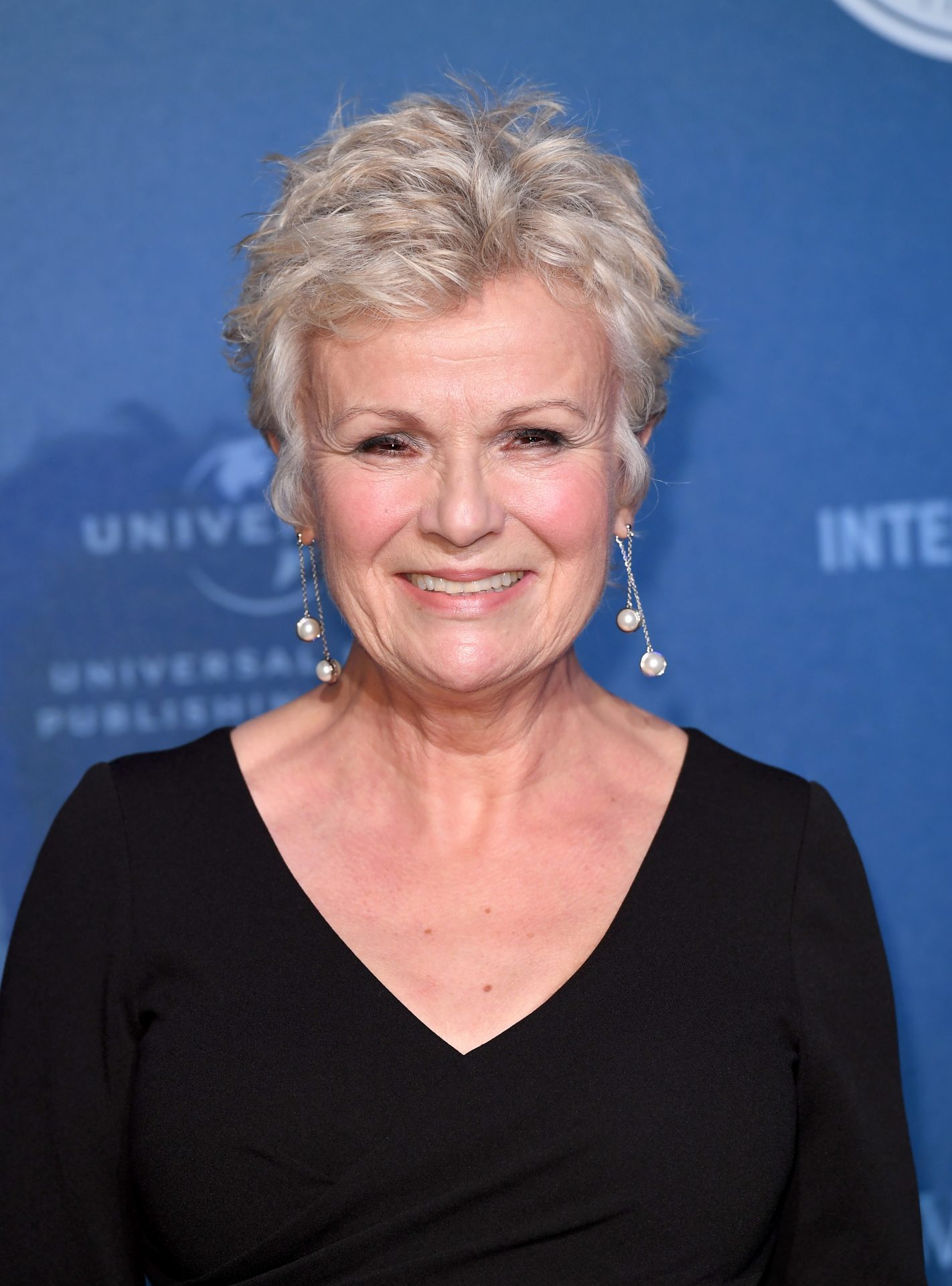
Zarah Sultana MP
Nick Thomas-Symonds, Shadow Home Secretary
Maya and Gemma Tutton, founders, Our Streets Now
Deniz Uğur, deputy director, End Violence Against Women coalition
Dr Fiona Vera-Gray, assistant professor of sociology at Durham University
Gurpreet Virdee, co-director at Women and Girls Network/West London Rape Crisis Centre
Let’s treat male violence against women like the public health crisis it is
Julie Walters, actor and Women’s Aid patron
Claire Waxman, London’s independent victims’ commissioner
Nadia Whittome MP
Felicia Willow, CEO, Fawcett Society
Munira Wilson MP
Harriet Wistrich, founder and director, Centre for Women’s Justice
Images: Getty
Source: Read Full Article
